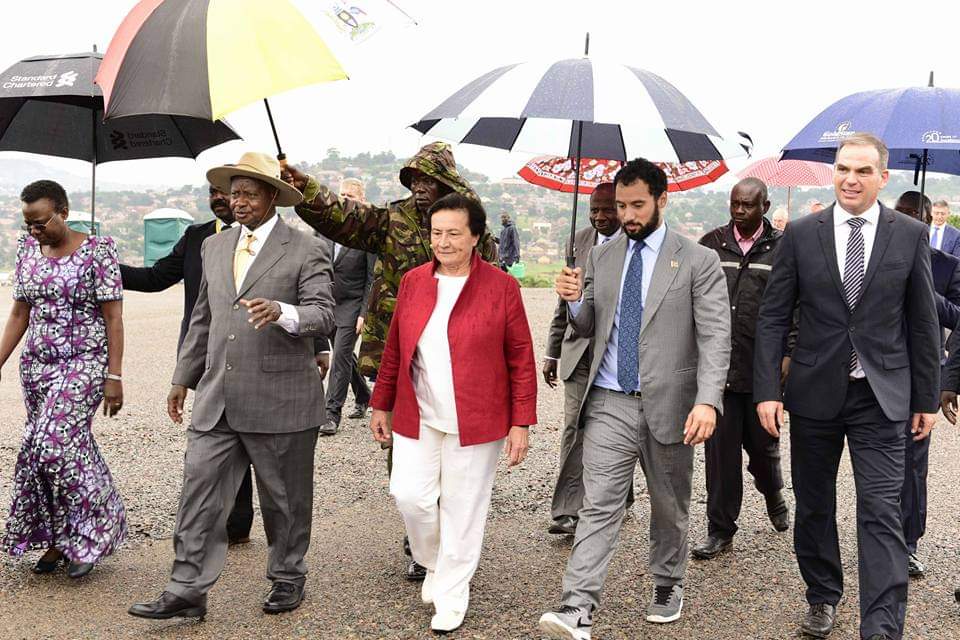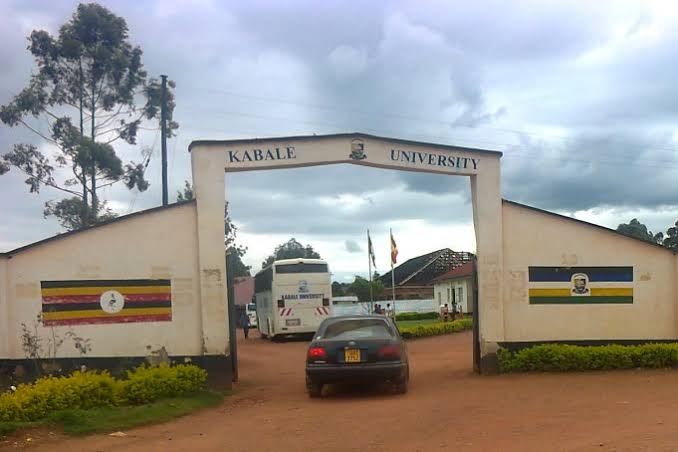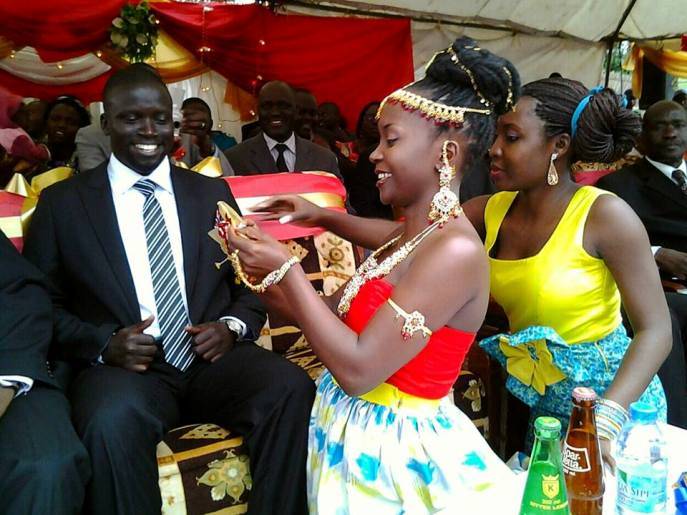President Yoweri Museveni has reiterated his support for the deal the government made with Vinci Coffee Company Uganda Ltd to process and export Ugandan coffee.
The controversial deal has drawn widespread condemnation from sections of the political class and people involved in the coffee industry, saying that it deprives the local players of the chance to grow in the industry, by, among others, giving the foreign company a monopoly.
President Museveni says he is planning to meet the people in the coffee industry over the issue. Vinci coffee is fronted by an Italian woman, Enrica Pinneti, who was also given a deal to spearhead the construction of a specialized hospital at Lubowa in Wakiso, a project that has hardly taken off, three years later.
This is one other reason the opponents of the coffee deal have fronted, adding that she has no track record in the coffee industry. In his State of the National Address, President Museveni admitted that he knew that Ms. Pinetti had no experience in the coffee industry, but that he was convinced that she could get investors to do it after he failed with other known processors around the world.
Following a report by Parliament’s committee on Trade last month, the parliament recommended for the termination of the agreement. Vowing to fight for the deal, President Museveni, said there is no way Uganda and other African producing countries can develop from their coffee when they are exporting it raw.
He said the global coffee industry is worth more than US$400 billion, but that most of it is taken by countries that process the coffee, while the producers including Uganda and giant brazil, only take US$ 25 billion.
He said the only way for these countries is to develop a processing industry. He likened the continued export of raw materials from Africa to the new slavery and said he cannot support it because there is no exchange of value for value.
“When we de-husk, roast, grind and pack here, Uganda will get more dollars & we shall also pay higher prices to our farmers. The farmers are now cheated because the biggest beneficiaries of our coffee are the external roaster, grinders, and packers,” he said.
He appealed to the rest of the coffee-producing countries in and outside of Africa to join in the fight for value from the coffee industry. He gave an example of robusta coffee Screen 18, which, is sold as green coffee, after removing the skin, only attracts a 3.34 per kg, as the maximum, but most farmers get just over a dollar per kilo, while those who process get as much as 12 dollars.
He says the coffee-growing world must fight this capital bleeding.
President Museveni said his fight will not stop at coffee but also agricultural products that cannot be consumed locally, as well as minerals, giving the example of the continued ban on the export of iron ore.
“Our strategy is that anything agricultural that is not consumed fresh, should be processed industrially so that it is preserved to be able to reach distant markets and also to add value to the raw materials,” he said.

















